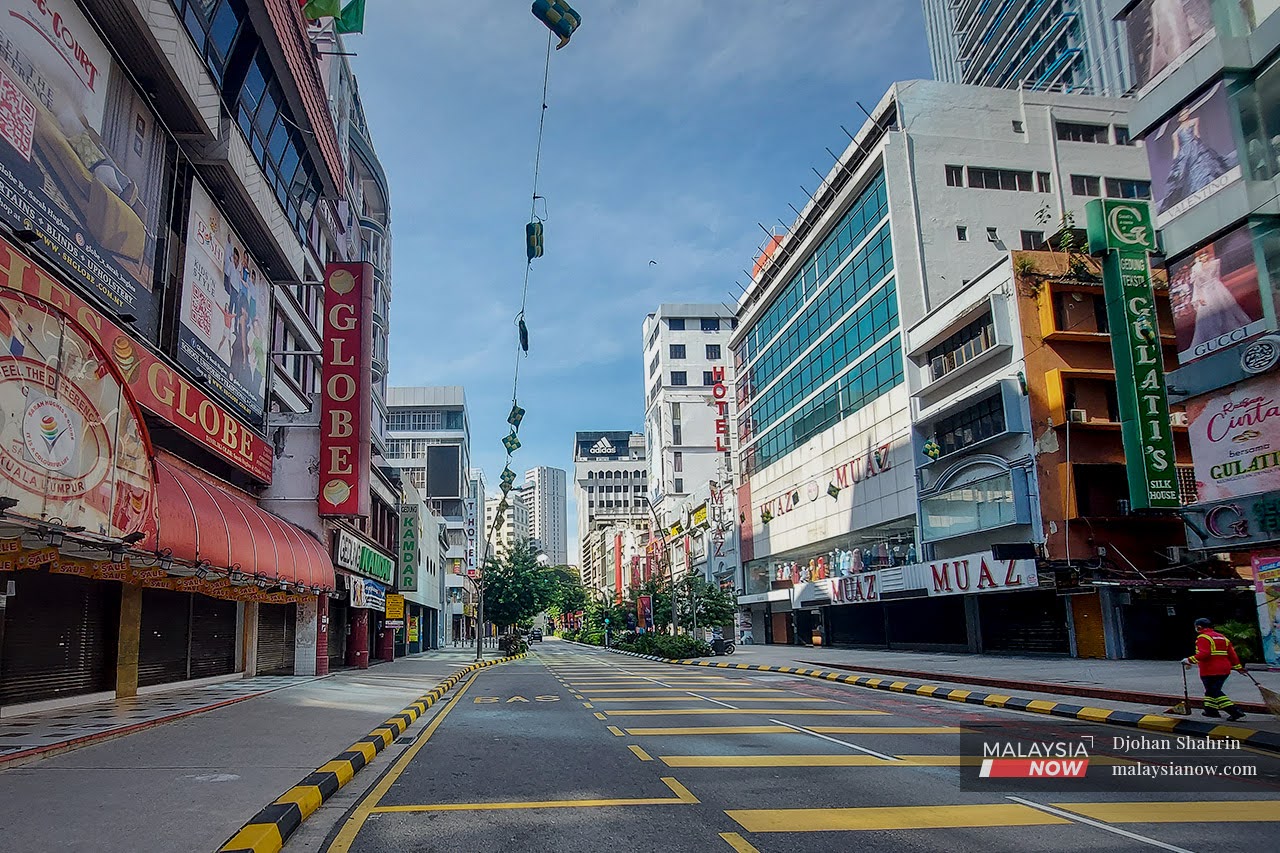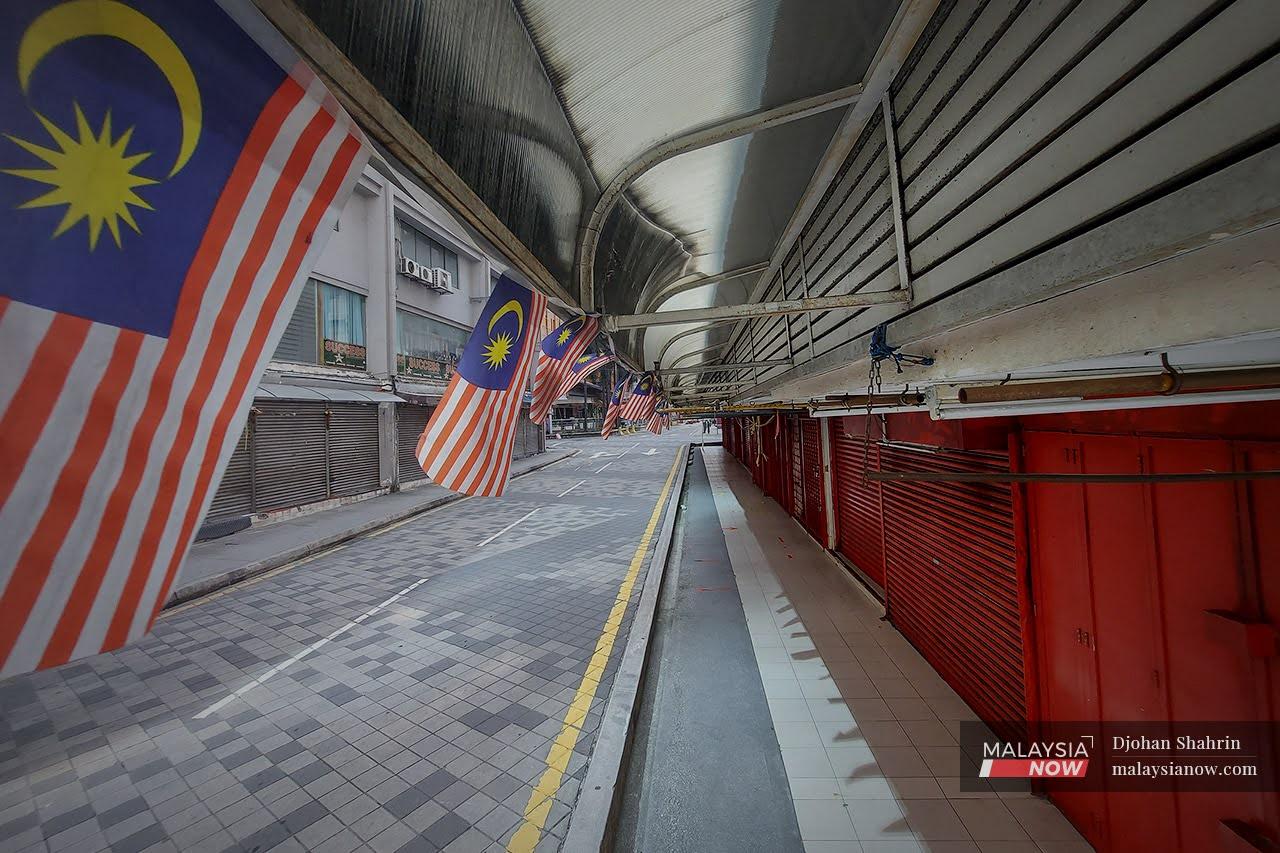Economy to recover but lockdown will hurt, academic says
Madeline Berma says the latest two-week lockdown will add pressure on the government and its economic recovery plan as Covid-19 infections and deaths continue to surge.
Just In
An economist says Malaysia will rebound from the impact of the Covid-19 pandemic but warns that going will be slow, as yet another lockdown puts paid to most business operations for the next two weeks.
Madeline Berma of Universiti Malaysia Sarawak said any hope of a quick economic recovery had been dashed by the new round of restrictions, imposed following a fierce spike in daily caseloads which reached a peak of over 9,000 last week with nearly 100 deaths on May 29.
The lockdown, which will continue until June 14, was announced on May 28 when the death toll stood at 2,552. Since then, it has risen by 630, hitting crossing the 3,000 mark on June 3.
The first lockdown imposed in March last year caused the country some RM2.4 billion in daily losses, Prime Minister Muhyiddin Yassin said in an interview in May.
This saw the government forced to spend RM340 billion in massive cash handouts as well as various stimulus packages to revive the economy.
Speaking to MalaysiaNow, Madeline said the latest lockdown would add pressure on the government in carrying out its economic recovery plan amid the surge in deaths and new infections.

With the unemployment rate relatively high at 4.8% and 4.9% in January and February this year, she said job market recovery would likely continue to lag as well, fuelled by the acute downturn in the tourism sector.
“The economy is on the road to recovery but the pace is slow,” she said.
“The seven fiscal stimulus packages worth RM340 billion are putting a heavy strain on the government’s financial situation.”
This is without taking into consideration the latest financial aid package worth RM40 billion, announced by Muhyiddin on the eve of the lockdown on May 31.
The package included RM2.1 billion for Bantuan Prihatin Rakyat payments, RM1.5 billion for an extension of the wage subsidy programme, and RM2 million for targeted assistance and recovery for affected SMEs.
Madeline said the aid package, known as Pemerkasa Plus, had been rolled out despite the government’s limited financial space, with RM5 billion in actual spending coming from the national coffers.
“Such measures will help SMEs and businesses to weather the economic storm and provide short-term relief,” she said.
“It will help them maintain their business and to stay afloat and retain their workers.”
She said the assistance, including cash handouts and a moratorium on loan repayments, would also make a difference to groups such as taxi drivers and tour guides who would be heavily affected by the lockdown.
“But this provides temporary relief, not long-term solutions. The government should adopt a targeted approach that can provide support for those in the M40 group whose businesses have had to close down during lockdowns, such as spas, clothing shops and dine-in restaurants.”
Subscribe to our newsletter
To be updated with all the latest news and analyses daily.
